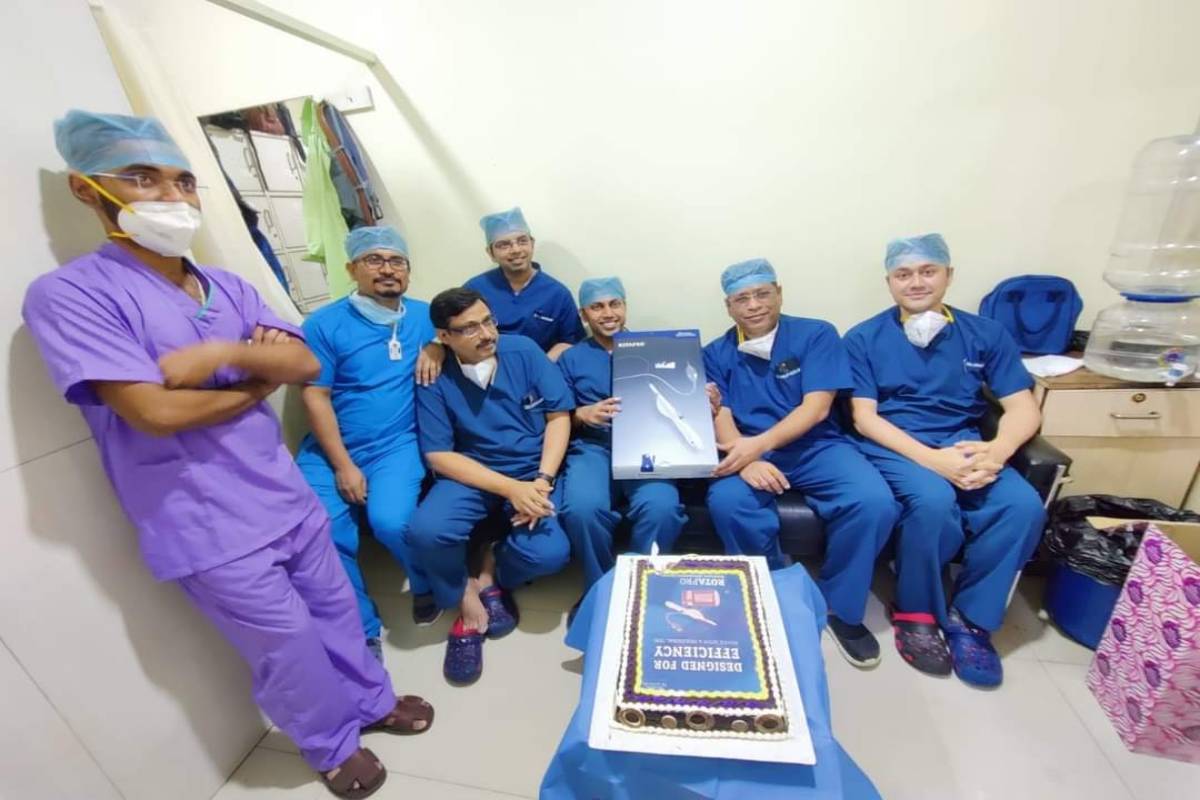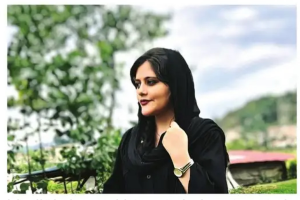Medica Hospitals cured a 70-year-old gentleman suffering from triple vessel disease, an extreme form of coronary artery disease (CAD), while Manipal Hospital successfully treated a patient with acute renal failure due to consumption of fish bile.
Doctors at Medica said CAD develops when the major blood vessels supplying the heart become damaged or diseased with the use of rotapro rotational atherectomy system.
A team of experienced doctors, under the leadership of Dr Soumya Patra, cardiologist, Medica Superspecialty Hospital achieved this feat on April 13.
On diagnosis, the patient’s angiogram revealed triple vessel disease. But the patient’s unusually high level of diffuse calcium deposition and aneurysmal segment in the heart made the case more challenging. He was advised to undergo angioplasty with the help of rotapro atherectomy device. The system, a new technology, was launched in India in April. The patient underwent a seamless angioplasty on 13 April and was discharged the following day.
Dr Patra said he is now doing well and walking without any chest discomfort. “We chose angioplasty with the help of rotapro atherectomy device over a simple angioplasty, and that decision made the entire procedure successful.”
Meanwhile, at Manipal Hospital an expert team, led by Dr Sujoy Maitra, gastroenterologist, Dr Jayanta Dutta, nephrologist and Dr Dipankar Sarkar, internal medicine and critical care worked together to treat patients who consumed fish bile.
Sneha Roy, (name changed) a middle-aged homemaker and diabetic consumed fish bile to get cured of her diabetes. It is a common myth in India to consume fish bile to cure diabetes. Post admission, the patient suffered from multi-organ failure, low blood pressure, hypotension and was also in a state of shock.
Dr Maitra said, “This was the first of its kind reported officially from Kolkata. Although acute renal and liver injuries are the two most alarming events in fish bile poisoning cases, from patients’ perspective the commonest symptoms are severe nausea and abdominal pain.”
Dr Sarkar said, “The patient’s condition was deteriorating and within 72 hours, she had to undergo dialysis. Initially dialysis was challenging due to her low blood pressure and we had to put her on sled dialysis. Once her blood pressure returned to normal, we started conventional dialysis.”
Roy was released after 3-4 weeks of hospitalization. Hospital sources said her condition is quite improving and she has been off dialysis for 10 days.











